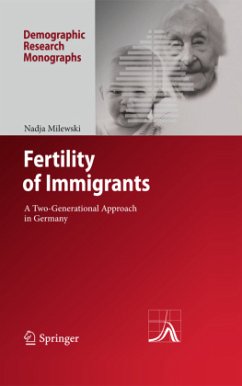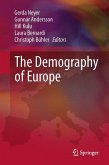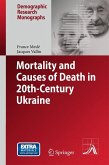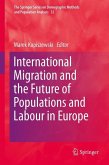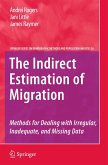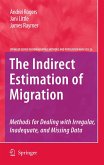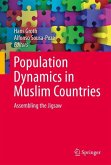This volume, "Fertility of Immigrants: A Two-Generational Approach in Germany" by Dr. Nadja Milewski, is the sixth book of a series of Demographic Research Monographs published by Springer Verlag. Dr. Milewski is now working for the University of Rostock, but at the time she wrote the book, she was a research scientist at the Max Planck Institute for Demographic Research. The book is a slightly-revised version of her doctoral dissertation ("Fertility of Immigrants and Their Descendants in West Germany: An Event History Approach"), which she completed at the Max Planck Institute and submitted to the University of Rostock. She was awarded highest honors, summa cum laude, for her dissertation. As Professor Jan Hoem wrote in his review of Dr. Milewski's dissertation, the research focuses on the patterns and levels of childbearing among immigrant women. Given Germany's varied immigration experience with refugees, asylum seekers, guest workers, and foreign-born persons of German ancestry, Dr. Milewski's topic is of particular interest, especially with regard to differences in the patterns and levels of childbearing among various kinds of immigrants to Germany vs. native-born Germans. Numerous empirical and theoretical studies of childbearing among immigrants to various countries have been published and Dr. Milewski carefully reviews them. While earlier studies have tended to be rather fragmentary, particularly for European populations, Dr. Milewski's research provides a comp- hensive picture of the recent female fertility of post-war migrants and their desc- dants in West Germany, with an emphasis on migrants who came to Germany to work.
Bitte wählen Sie Ihr Anliegen aus.
Rechnungen
Retourenschein anfordern
Bestellstatus
Storno

